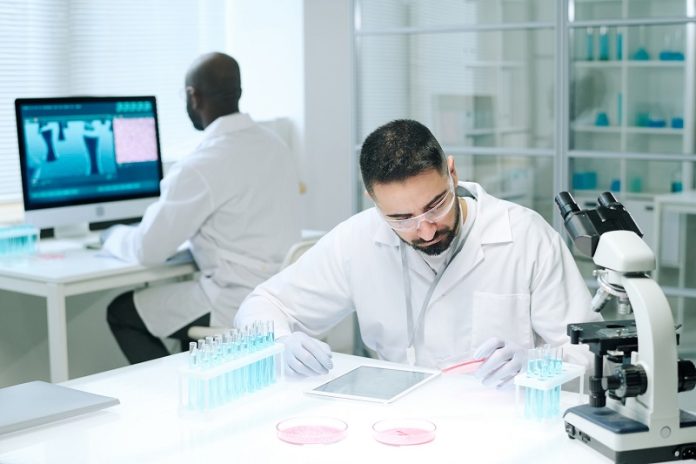
Fatty liver is a common health concern that, if left untreated, can progress to severe conditions like liver cancer. Researchers from the University of Jyväskylä embarked on a study to discover an effective treatment for this issue.
Their research centered on the role of beneficial bacteria in addressing fatty liver and introduced a promising solution.
Harnessing Good Bacteria: A Promising Path
The scientists conducted experiments on rats afflicted with fatty liver. They provided these rats with a specialized dietary supplement designed to stimulate the growth of beneficial bacteria in the gut.
As the population of these bacteria increased, the fat content in the rats’ livers decreased significantly. This encouraging outcome suggests that the dietary supplement played a crucial role in alleviating fatty liver.
The Role of Faecalibacterium prausnitzii
The researchers focused on a specific strain of beneficial bacteria known as Faecalibacterium prausnitzii, renowned for its anti-inflammatory properties.
However, obtaining this bacterium through conventional means, such as medication, proved challenging.
A Natural Approach: Xylo-oligosaccharides (XOS) Seeking an alternative, the scientists turned to Xylo-oligosaccharides (XOS), a unique dietary fiber known to nourish beneficial bacteria naturally.
By administering XOS to rats with fatty liver over a span of 12 weeks, the researchers observed remarkable reductions in liver fat content.
The primary reason for this improvement was the enhanced fat and sugar processing in the rats’ livers, facilitated by the flourishing beneficial bacteria.
Human Applications: A Glimpse into the Future
While this study was conducted on rats, the researchers extended their investigation to humans with fatty liver. They administered the same dietary fiber to determine its potential benefits.
The study adds to our understanding of fatty liver and potential treatments. It complements existing research that highlights the detrimental effects of certain ingredients found in common household products on fatty liver progression.
On the flip side, some studies suggest a connection between dairy consumption and liver cancer risk, while coffee consumption may reduce the likelihood of liver cancer.
A Promising Approach to Addressing Fatty Liver
The University of Jyväskylä’s research unveils a promising avenue for treating fatty liver by promoting the growth of beneficial bacteria in the gut.
While the study primarily focuses on rats, it paves the way for future investigations into the application of dietary interventions in humans.
These findings contribute to the broader body of knowledge surrounding fatty liver and its potential treatments, offering hope for those affected by this common health issue.
The study led by Satu Pekkala and her team at the University of Jyväskylä, published in the journal Nutrients, presents an innovative approach to tackling fatty liver by nurturing beneficial gut bacteria through a specialized dietary fiber.
If you care about liver health, please read studies about a diet that can treat fatty liver disease and obesity, and coffee drinkers may halve their risk of liver cancer.
For more information about liver health, please see recent studies that anti-inflammatory diet could help prevent fatty liver disease, and results showing vitamin D could help prevent non-alcoholic fatty liver disease.
Follow us on Twitter for more articles about this topic.
Copyright © 2023 Knowridge Science Report. All rights reserved.



